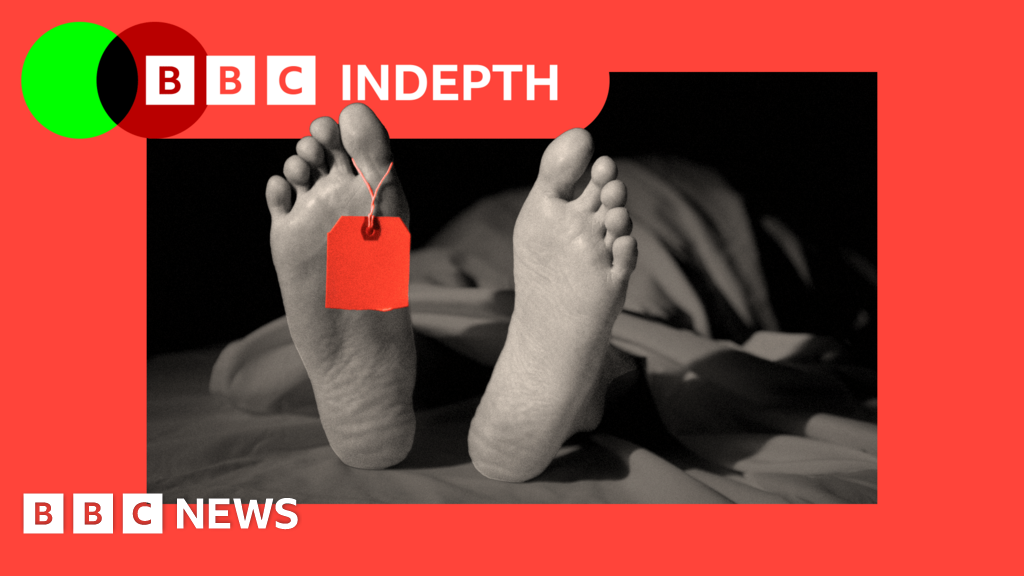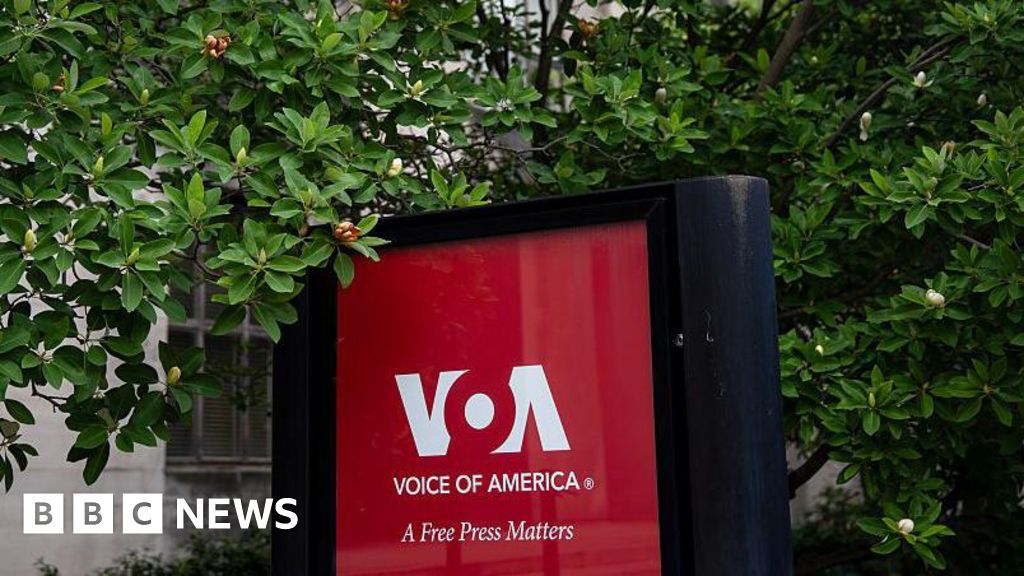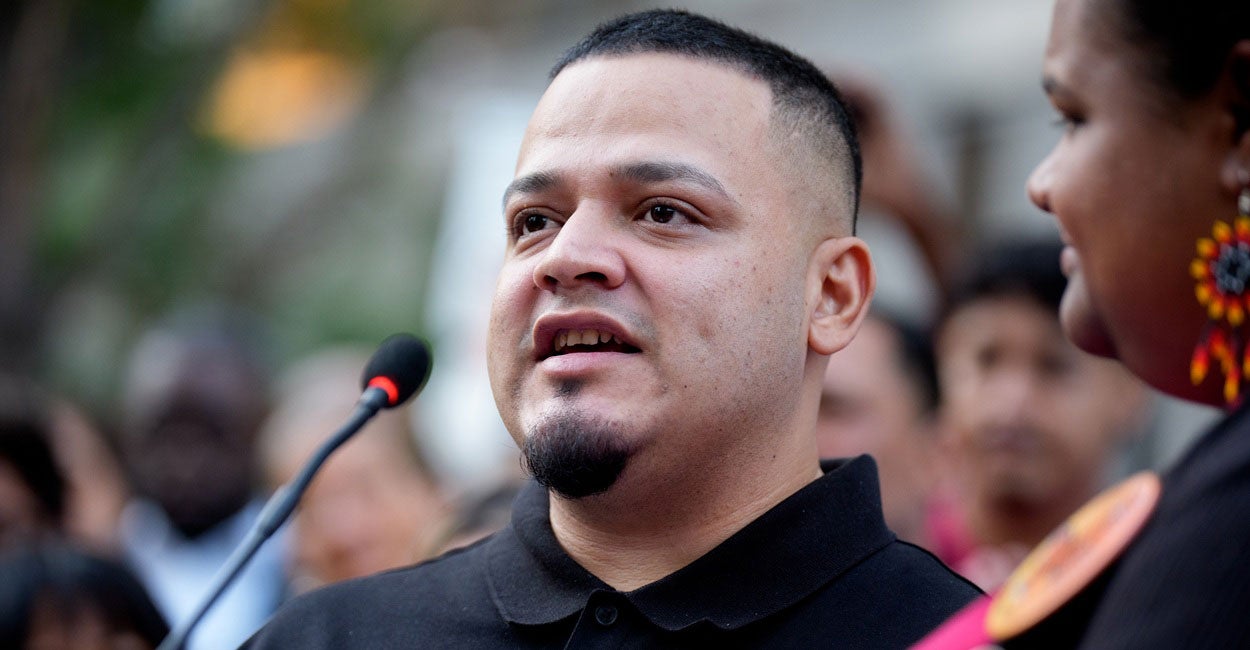Evening News Podcast for Friday, June 6
Good evening. I'm Will Dove and this is the nightly news for Friday, June 6. Mark Carney has extended an invitation to Indian Prime Minister Narendra Modi to attend the upcoming G7 summit in Kananaskis, Alberta, marking a potential warming of relations between our two nations. The invite follows a phone conversation today between Carney and Modi, who both confirmed ongoing discussions regarding security and law enforcement cooperation. Relations have been strained since former PM Justin Trudeau publicly accused India of orchestrating the killing of Sikh separatist leader Hardeep Singh Nijjar in British Columbia in June 2023. India has denied involvement and called the accusations “preposterous.” Four Indian nationals are facing charges for the murder, with no trial date set yet. Canada’s Sikh community has criticized Carney’s decision, with groups like the World Sikh Organisation calling it a “betrayal.” The G7 summit will focus on international security, economic stability, and the digital transition, with India’s presence signalling ongoing diplomatic engagement despite unresolved tensions. Russia unleashed a major attack on Ukraine early today in response to a recent Ukrainian drone operation targeting Russian airbases. The Russian Defense Ministry reported using high-precision long-range air, sea, and ground weapons along with attack drones. Ukrainian President Volodymyr Zelensky confirmed at least three deaths and 49 injuries, though Kyiv’s mayor initially stated four people died in the capital. The strikes targeted Kyiv, Lutsk, and the Ternopil region, damaging homes, schools, and government facilities. Air defenses were active across Kyiv, with prolonged machine gun fire and explosions heard throughout the night. Russia’s ministry also claimed to have shot down 174 Ukrainian drones overnight. The attack follows intensified diplomatic and military exchanges, with recent peace talks in Istanbul failing to produce a truce. Ukrainian President Volodymyr Zelensky issued a pointed statement following Russia’s latest air assault, criticizing what he described as complicity from global powers. Zelensky suggested that “if someone is not applying pressure and is giving the war more time to take lives – that is complicity and accountability.” This remark was widely interpreted as a swipe at U.S. President Donald Trump and some European leaders for perceived reluctance to uphold pressure on Russia. Trump had recently spoken with Russian President Vladimir Putin and relayed threats of a strong Russian response to Ukrainian attacks. Zelensky’s comments highlight growing frustration with the international community’s handling of the conflict as Ukraine continues to suffer heavy casualties and infrastructure damage. Israeli forces were accused of firing on starving civilians attempting to access food in Gaza, according to new reports. Media outlets state that images and testimony can “no longer be hidden,” highlighting alleged atrocities as hunger becomes widespread. Simultaneously, leaked Israeli defence sources confirm that Prime Minister Benjamin Netanyahu’s government is reportedly arming groups within the Gaza strip, some of which are said to be aligned with ISIS-linked jihadists. This raises serious concerns regarding Israel’s strategy in the region and its broader implications for regional security. The reports compound international criticism of Israel’s conduct during the ongoing conflict, with growing calls for accountability and aid for civilians caught in the crossfire. NATO’s Secretary-General Mark Rutte announced a determined push to achieve a new defence spending goal, aiming to ensure at least 5% of GDP is allocated to military budgets among member nations. The move is seen as a direct response to pressure from U.S. politicians, particularly Donald Trump, who has repeatedly criticized NATO members for not meeting previous 2% targets. The announcement signals a significant shift in the alliance’s approach to collective security, as many countries have struggled to fulfill prior obligations. Analysts suggest the 5% target is intended to “give Trump a win” and address U.S. concerns over burden-sharing, while also preparing the alliance for heightened global security challenges. I don’t know who these “analysts” are but if they think the EU ramping up for war is a diplomatic effort to quote “give Trump a win” they should be fired for incompetence. As per my two recent interviews with economist Martin Armstrong the EU is readying for war because they’re broke and are eyeing Russia’s vast resource wealth as the answer to their problems. Unfortunately for them, they are failing to account for the fact that when the EU attacks Russia, China will join the war on Russia’s side and the European Union will lose… The National Institutes of Health has announced the shutdown of the Centers for Research in Emerging Infectious Diseases (CREID), a research centre established by doctor Anthony Fauci in 2020. CREID received $17 million in grants with $82 million more expected over five years, though it’s unclear how much was spent. Its grantees included Peter Daszak of EcoHealth Alliance and Kristian Andersen of Scripps Research Institute, both key promoters of the “zoonotic origin” theory for COVID-19. The U.S. Department of Justice has launched inquiries into grants Andersen received. Last year, the government suspended all funding to EcoHealth Alliance, citing unanswered safety concerns regarding research at the Wuhan Institute of Virology. Andersen, who co-authored a widely cited paper supporting the zoonotic theory, initially expressed doubts about dismissing the lab-leak theory and privately considered an accidental release from a lab likely. Congressional testimony and leaked communications suggest Andersen may have misled intelligence agencies, and the Trump administration is investigating whether funding influenced his public stance. Andersen is reportedly seeking to leave the U.S., possibly for Norway. According to The Exposé, DARPA’s recent request for proposals on computer modelling of disease outbreaks indicates a shift towards normalizing the sweeping public health responses seen during the COVID-19 plandemic. DARPA is seeking advanced simulation tools for predicting, tracking, and mitigating infectious disease outbreaks, tying these measures to future preparedness. The move is raising concern, as the call for such technology suggests pandemic-style restrictions and surveillance could become a recurring feature of public health policy. The report highlights a growing trend in government and military sectors to invest in high-level disease outbreak simulations, which may perpetuate heavy-handed public health interventions. Observers suggest that if these modelling systems are adopted, the restrictive measures that marked the global COVID-19 response could be institutionalized, impacting personal freedoms and public life on an ongoing basis. IVF companies are facing backlash for screening embryos to exclude those with what are considered “undesired” genetic traits, according to a report by LifeSite. The practice, which involves genetic testing during the in vitro fertilization process, has been condemned by critics as “evil” and discriminatory. Detractors argue that discarding embryos based on factors such as disability, sex, or other genetic markers constitutes a modern form of eugenics and raises serious ethical concerns regarding the value of human life. Reports indicate that certain IVF clinics actively encourage parents to select against embryos with potential disabilities or non-preferred characteristics, fuelling concerns about the commodification of children and the societal pressure to produce so-called ‘designer babies’. This practice has alarmed advocacy groups and faith-based organizations, who call for stricter oversight and regulation to prevent genetic discrimination in reproductive medicine. Critics maintain that the selective screening of embryos for non-medical reasons threatens ethical standards and the acceptance of children regardless of genetic makeup. Texas lawmakers are considering legislation that would require warning labels on several popular snack foods, declaring them “not fit for human consumption.” The proposed measure targets products containing certain artificial dyes, preservatives, and additives linked to health risks. According to the initiative, warning labels would be mandated for snacks with ingredients such as Red Dye 40 or other chemicals that have been associated with behavioural issues in children and potential long-term health concerns. Proponents argue that consumers deserve clear information about the risks associated with these products, aiming to reduce health complications attributed to processed foods. The move is part of a broader effort to promote transparency and public health by highlighting potentially harmful ingredients commonly found in sweets, chips, and candies. Critics contend the labels may be overly alarmist and could hurt business for food manufacturers without sufficient evidence of danger. Lawmakers and health officials continue to debate the scope and scientific basis for such labelling, with the outcome expected to impact food industry practices statewide. DePaul University has come under fire after hosting an explicit sex education event, sponsored by its campus Planned Parenthood chapter. The event, part of the university’s sex week, included “X-rated” content such as detailed discussions of sexual acts and the use of sex toys, activities which critics argue are inappropriate for a university setting. Planned Parenthood is reported to have provided educational materials and demonstrations that many found objectionable. Detractors contend that the event normalized explicit sexual content and undermined traditional moral standards, raising questions about the role of such programming in higher education. Concerned parents and advocacy groups criticized the university for partnering with an organization often associated with controversial positions on sexuality and abortion. They argue that events of this nature cross the line between education and promotion of sexual behaviours, calling for greater oversight of campus activities and the organizations involved. DePaul University administrators have not commented on the controversy. National Health Service chiefs in the United Kingdom have scrapped guidance that previously instructed hospitals to allow transgender individuals to use toilets and changing rooms of their choice. NHS leaders have announced that hospitals will no longer be required to automatically permit transgender people access to facilities aligning with their gender identity. This policy shift comes amid increasing public debate and safety concerns over shared spaces in healthcare settings. Under the new guidance, hospitals are expected to prioritize the safety, dignity, and privacy of all patients, with decisions about facility use being made on a case-by-case basis. Critics of the previous policy expressed concern that it compromised the comfort and safety of vulnerable patients, particularly women. The move marks a significant reversal of earlier pro-transgender policies in the NHS, reflecting broader societal debates about gender identity and public accommodations. NHS officials state that changes were made to ensure patient well-being and uphold standards of care across the system. I’m Will Dove and that’s the news for today, Friday, June 06.












